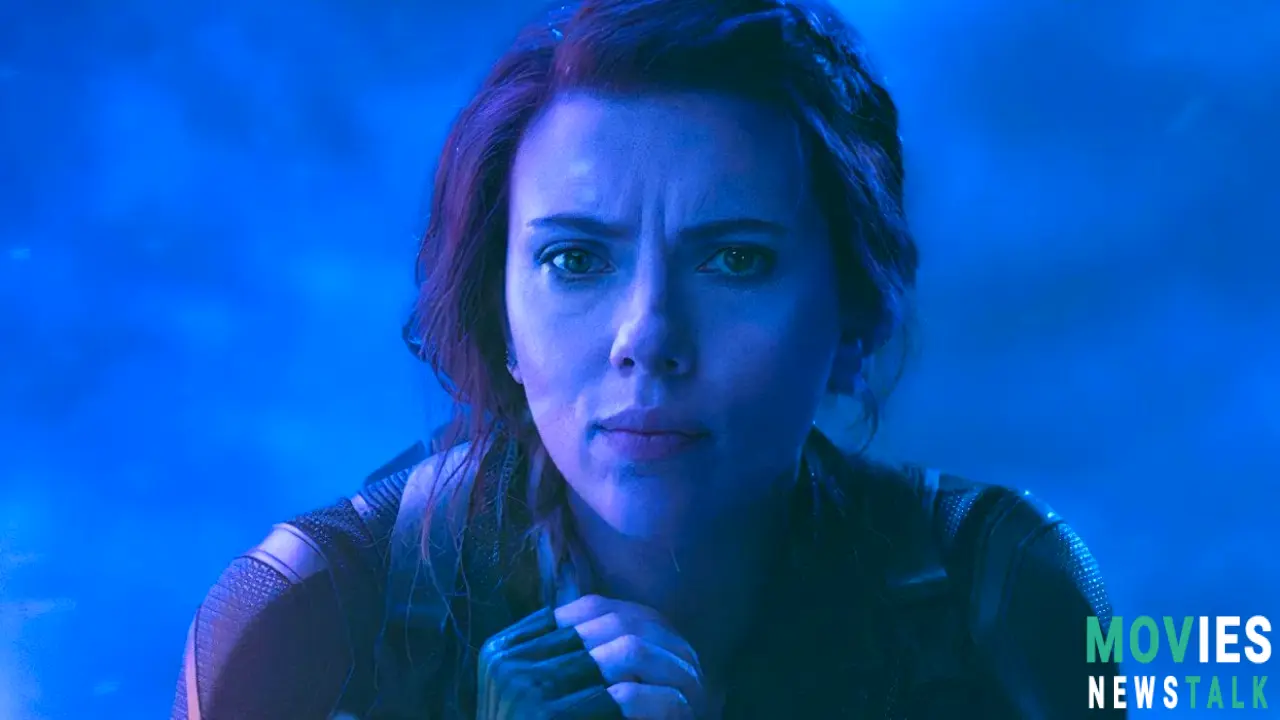Scarlett Johanson and Disney: Examining the "Black Widow" Controversy
Black Widow, Scarlett Johansson's stand-alone Marvel Cinematic Universe (MCU) movie, generated a lot of debate in 2021 that finally resulted in a legal dispute between the actress and Disney. Originally scheduled for a theatrical release, the movie—which was the first installment of Phase 4 and the Multiverse Saga—was finally decided to be simultaneously released on Disney+, following the continuing COVID-19 epidemic.
Scarlett Johansson's Action Against Disney
Having a contract with a conventional theatrical release window, Scarlett Johansson sued Disney claiming that the simultaneous release on Disney+ violated her contract and resulted in her losing significant possible income. Johansson claimed that her pay, which was partly based on the box office performance of the movie, was much lowered by the hybrid release model. She believed that Disney's actions amounted to a contract breach and a conscious attempt to devaluate her pay.
The "Black Widow" Controversy's Effects
The debate over Black Widow had a big effect on the business. It begged issues about the direction hybrid release models would take and the changing relationship between studios and talent in the era of streaming services. Moreover, it underlined the complexity of pay contracts in the movie business, especially when including big franchises like the MCU.
Reconciliation and Scarlett Johansson's Viewpoint
Scarlett Johanson offered her viewpoint on the matter in a recent interview with The New York Times. Although Johansson noted at the time the "poor judgment and poor leadership," she underlined she has no grudge against Disney. She expressed dismay over the whole process, especially the unprofessional handling of the matter, saying she had "held out hope" until her team told her to seek legal action.
Going Forward: Resolving the Problems
The Black Widow debate reminds us of the changing terrain of movie distribution and the necessity of open and equitable contracts between companies and performers. Although Scarlett Johansson and Disney have resolved their differences, it emphasizes the continuous difficulties negotiating the changing film business and coming to mutually beneficial answers for all the stakeholders.
Important lessons
The Authority of Streaming and Revised Distribution Strategies
The Black Widow debate highlights how rapidly streaming services are becoming a major force in the movie business. The choice to release the movie concurrently on Disney+ emphasizes the changing distribution scene and the possible influence on talent pay policies.
The Value of Welldefined Contracts
Particularly with regard to release policies and compensation models, the lawsuit underlines the need of precisely defined and mutually agreed-upon contractual agreements in order to avoid conflicts and guarantee fair treatment for all those engaged.
The Constant Conversation Between Talent and Studios
The Black Widow debate emphasizes how constantly studios and artists should be communicating and working together. Ensuring a harmonic and mutually beneficial relationship depends mostly on open communication and a readiness to change with the changing dynamics of the sector.

